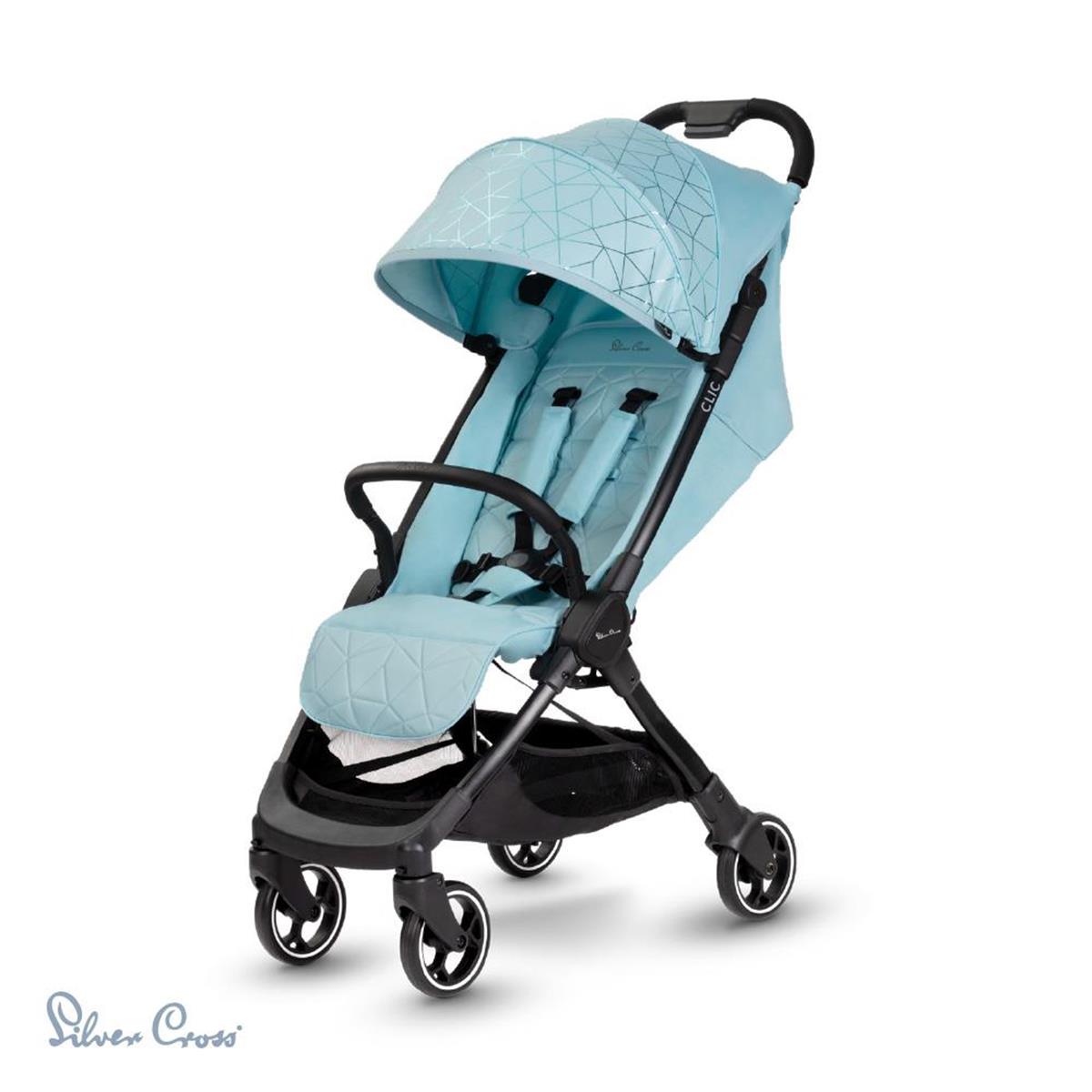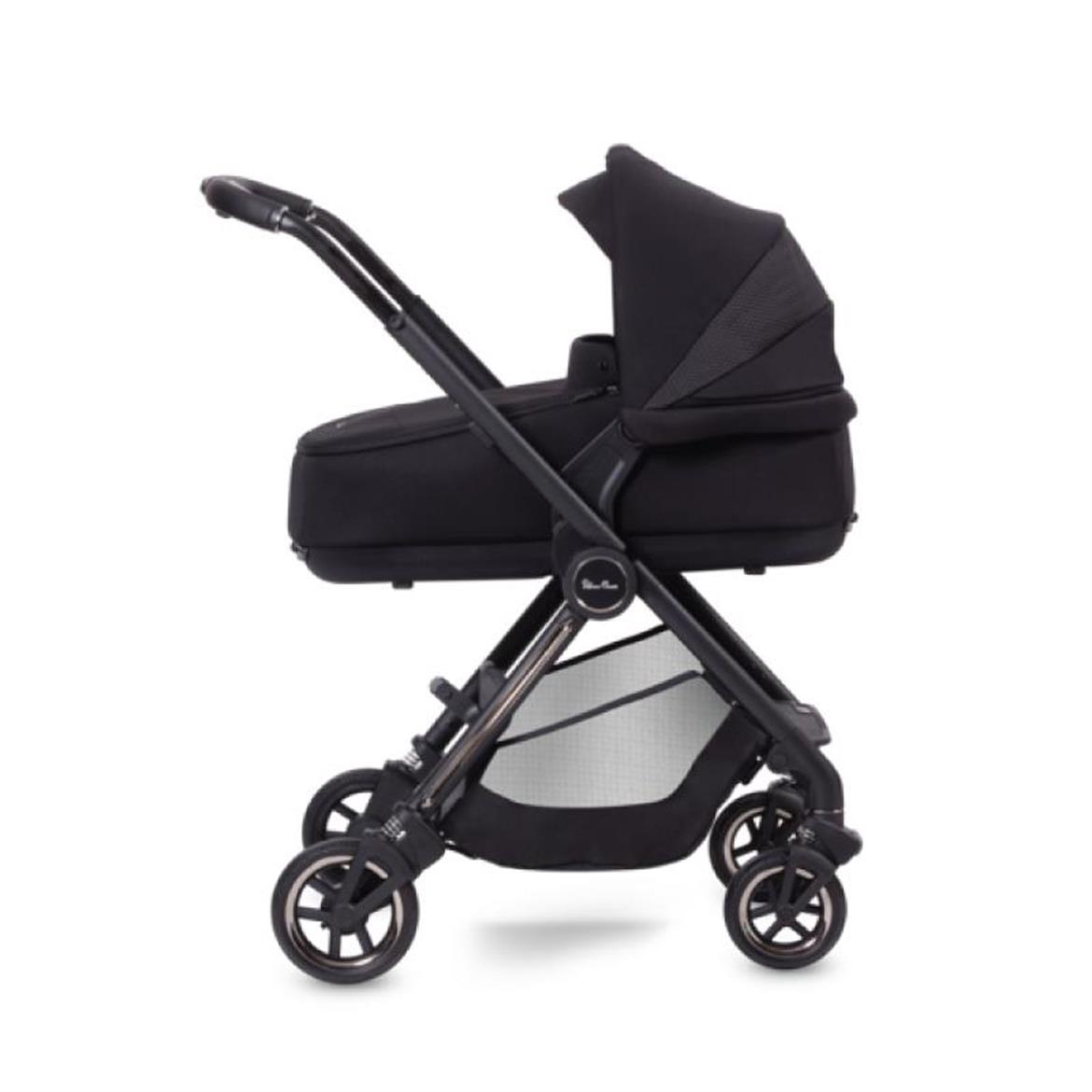
עגלת תינוק משולבת ריף Reef עד 21 ק"ג עם אמבטיה מתקפלת ואבזם מגנטי - שחור Orbit + סלקל מקורי מתנה סילבר קרוס Silver Cross - Silver Cross - עגלות תינוק מגיל לידה

עגלת תינוק פסיפיק Pacific במהדורה מיוחדת Autograph - שחור INK סילבר קרוס - Silver Cross - מוצרי Silver Cross
























